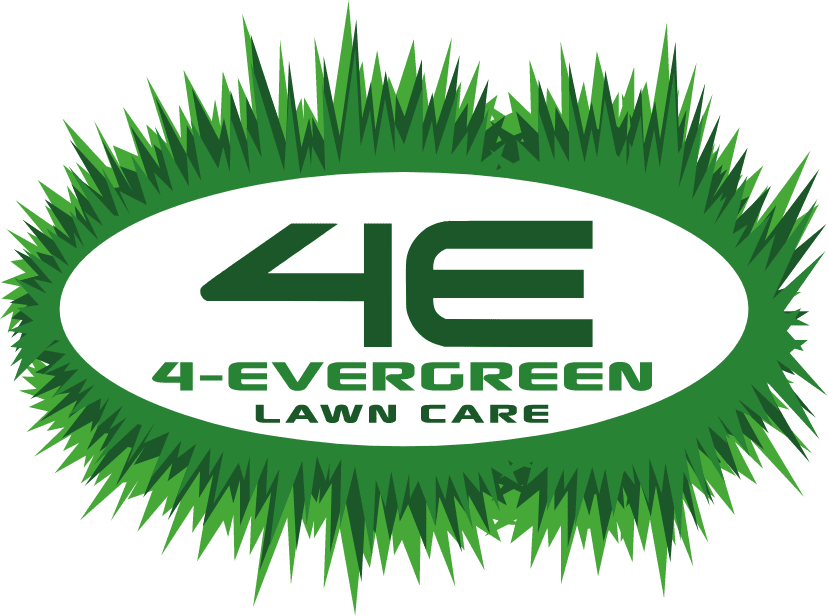What To Do with Leaves in Your Yard

Fall is in the air and the leaves are changing colors. As leaves fall from our trees and blanket our lawns we need to get out there and rake them up. Leaving leaves on your lawn for too long will smother your lawn and can cause lawn diseases. If you have a larger yard, you can actually collect these leaves and use them for many purposes around your yard
Free Mulch
Believe it or not, you can actually collect your fall leaves and turn them into your own mulch. Fall leaves are packed with nitrogen and other trace minerals that trees draw up from the ground. Leaves can be added to your garden or flower beds and can be used to retain moisture or as an effective weed barrier. You can even put them around the base of your trees and shrubs to protect their roots during the winter.
Use a Lawn Mower
Raking up leaves by hand can be an extremely time-consuming and physically exhausting chore. If you don’t have too many leaves covering your yard you could just chop them up with your lawnmower, giving your lawn a free dose of fertilizer before winter. The chopped-up leaves will filter down under your grass and break down, giving your grass the valuable minerals and nutrients it needs.
Start a Compost Pile
If you never used a compost pile before the fall is a perfect time to start. Fall leaves make a great and hefty addition to any compost pile. They break down fast and can give you brand new fluffy soil for you to add to your gardens and flowerbeds. All you need to do is find a designated space to store your leaves and make sure to turn them regularly in order to improve the circulation of air.
Create a Lasagna Garden
Lasagna gardens are not gardens made of cheese and tomato sauce, it is actually a clever use of compost to create a brand new garden without all the hard work. All you need to do is put layers of leaves, grass clippings, and cardboard on top of each other. Let the lasagna garden cook over the winter. When spring arrives the materials will be decomposed enough that you can plant in them.
Use Them as a Weed Barrier
The reason we tell you to rake your leaves is that they can smother your grass and kill it. But when you take that idea and put it in your gardens and flower beds, you can have them work in your favor. Leaves are thick and can block out most light. This will prevent new weed seeds from sprouting and as time goes on, the leaves will break down and become mulch.
Ready Your Raspberries
Black and red raspberries thrive when mulched with a two-inch layer of shredded leaves every autumn. The leaves add essential organic matter and nutrients to the soil as they decompose, and they help reduce competition from weeds. I prune my raspberries in the spring, so spreading the shredded leaves across the raspberry patch can be a bit of a struggle in the tall canes. I wear long pants, long sleeves, safety goggles, and gloves for this job. I use a pitchfork to scoop the leaf fragments out of our tractor cart and toss them around the bed. In “lazy years,” I’ve neglected to shred the leaves before tossing them into the raspberry patch. That seems to work just fine, too, as long as you don’t add so many leaves that you end up smothering the new, emerging shoots in the spring.
Don’t Burn Leaves
We all have memories of burning leaves with our parents and grandparents. But burning leaves give off a ton of smoke. Even though they look dry and dead, leaves can still retain a lot of moisture. When burned they give off smoke that contains mold, soot, and allergens.
Keep Your Tennessee Lawns Healthy With Services From 4-Evergreen
With fall here it’s time to start thinking about next year’s lawn care goals. Our team of professional Tennessee lawn technicians offers weed control and fertilization packages, as well as aeration and overseeding services to enhance the health and look of your yard and get it ready for winter.
